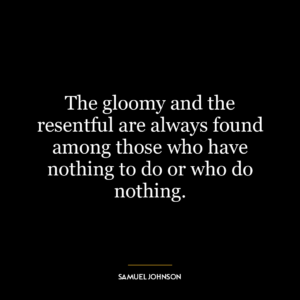This quote, “Courtesy and good-humour are often found with little real worth,” is essentially exploring the idea that politeness and cheerfulness can sometimes be surface-level traits, not necessarily indicative of a person’s true value or character. It suggests that while such traits are positive, they can mask a lack of substance or depth.
In other words, just because someone is polite (courteous) and appears cheerful (good-humoured), it does not automatically mean they possess genuine worth or value in terms of their character. This could be because they use these qualities to manipulate others or hide their true intentions. Alternatively, it may simply mean that while these individuals are pleasant to be around, they don’t offer much beyond surface-level interactions.
Applying this idea to today’s world requires discernment in our interpersonal relationships. In an age where social media often highlights the best aspects of people’s lives and personalities, we must remember that courtesy and good humour displayed online may not translate into real-life worthiness or substance.
In terms of personal development, this quote reminds us not to rely solely on charm and likability as indicators of our self-worth. Instead, we should strive for authenticity and depth in our personality—qualities like integrity, kindness towards others regardless of what we get in return; honesty even when it’s uncomfortable; resilience in the face of adversity etc., which contribute more significantly to our ‘real worth’.
Moreover, when evaluating others—whether for friendships or professional relationships—we should look beyond their outward demeanor (their courtesy and good humor) to assess their real worth based on more substantive qualities like reliability, respectfulness towards all people regardless if they benefit from them directly etc., rather than being swayed by superficial charm alone.















